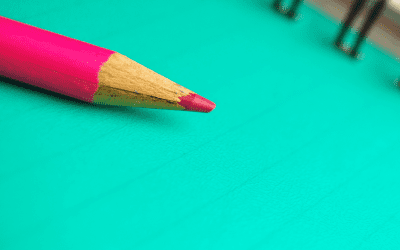“Paper” as we know it, derived from papyrus that is Ancient Greek for the Cyperus Papyrus plant where a thick-paper like material produced from the pith of the plant and is prepared by shaving off thin ribbon strips and dried before being broken down and pressed.
The First Record of Paper
Around 25-220 CE in China and documented by an Chinese court official, one of the first early evidences and well preserved uses of paper was dated around 105 CE and was reported to of been mashed together with a combination of mulberry, bast fibres, fishing nets, old rags and hemp waste, pressed and left out in the sun to dry then prepared and drawn as a regional map with mediums such as berries, plants, insects and clay.
Clay Plates and Woodblock Printing
Used widely though-out East Asia and China as a technique for printing images and patterns onto clothes, textiles and paper that also lasted right through from the 7th to the 19th Century to make visual impressions came in the form of block carvings of letters and images, dipped in coloured liquid of some kind and manually pressed onto paper or silk.
The Gutenberg Press
Fast forwarding a few centuries after the clay plates and woodblock printing, to the origins of modern printing as we know it began in the 15th Century where pioneer Johannes Gutenberg found inspiration by the grape press and experimented with different mechanical pressure plates to invent a device for applying pressure to an inked surface and transferring ink to a medium. He was the first to use oil-based inks which lasted longer than water-based and published a ‘Gutenberg Bible’ with a print run of 180 copies.
The World’s Most Durable Paper Stock Today
Over the years a number of materials have been used to print bank notes with treasuries all around the World experimenting with embedded silk threads, leather, velvet, linen and even wood. Polymer – is now the material of choice for bank notes, in the UK. Made out of plastic it’s no surprise that this lasts the test of time but was a necessary change in order to tighten security and reduce the act of forgery. It’s been estimated to last over 100,000 years (if not longer!).



